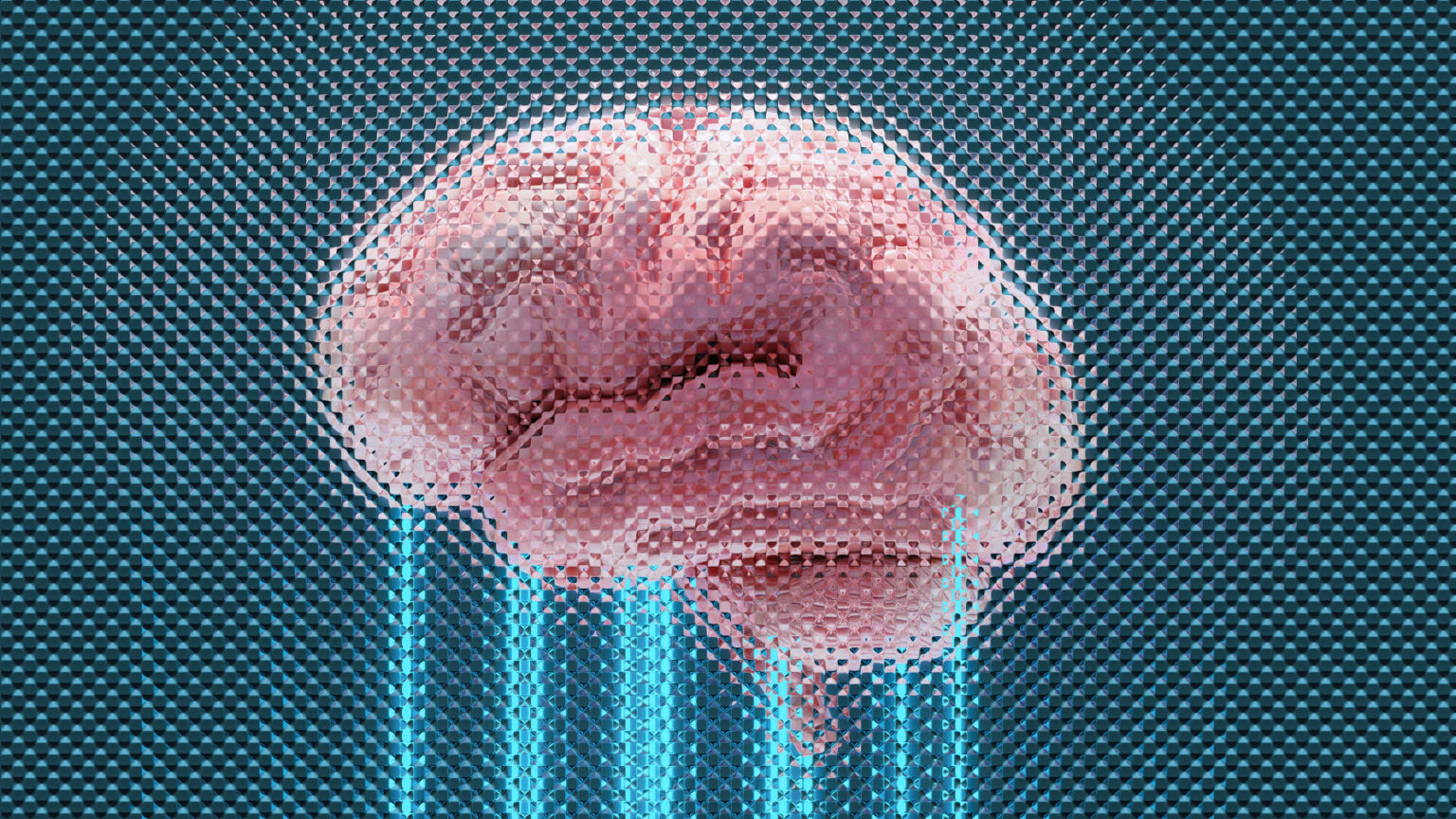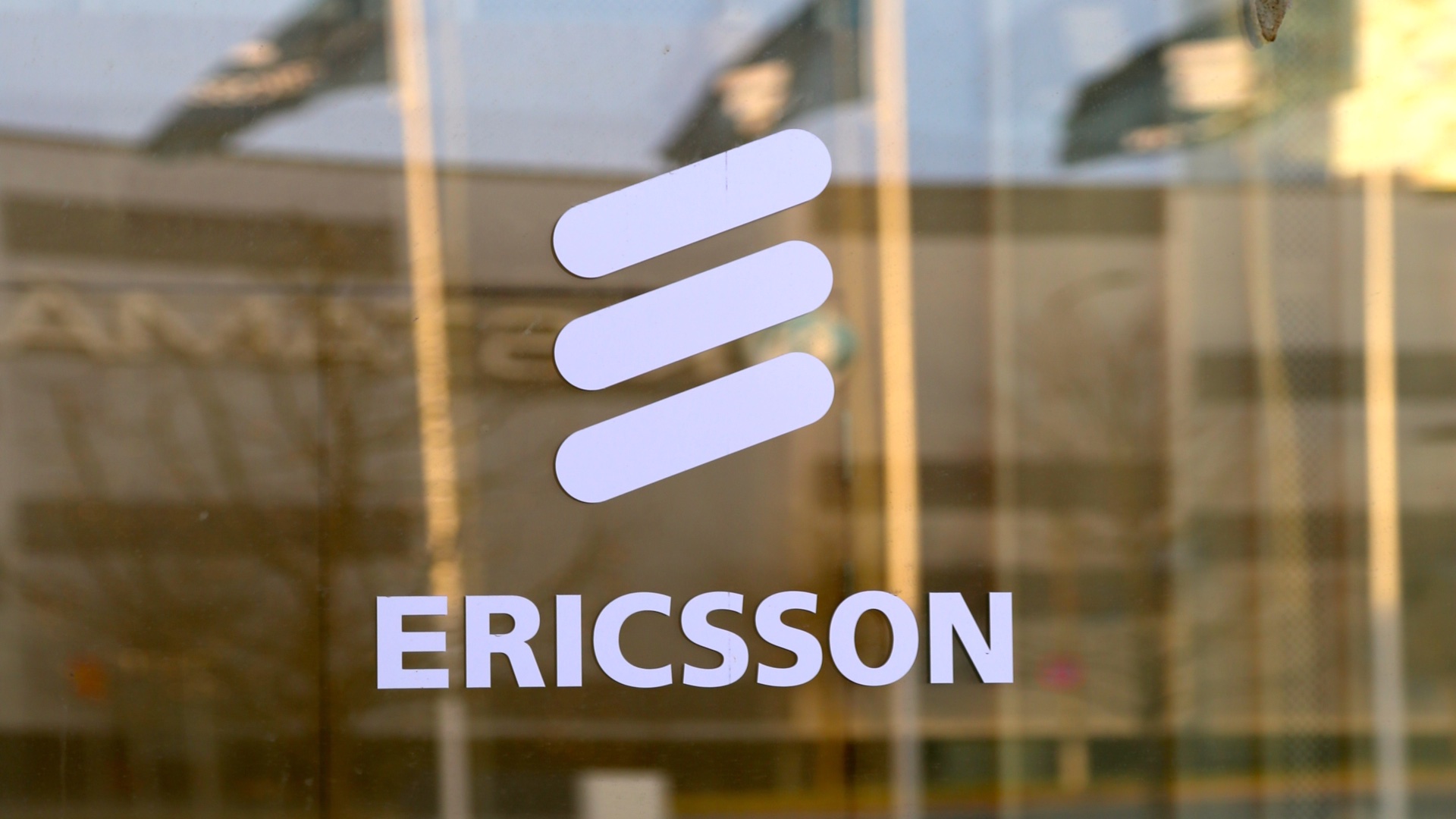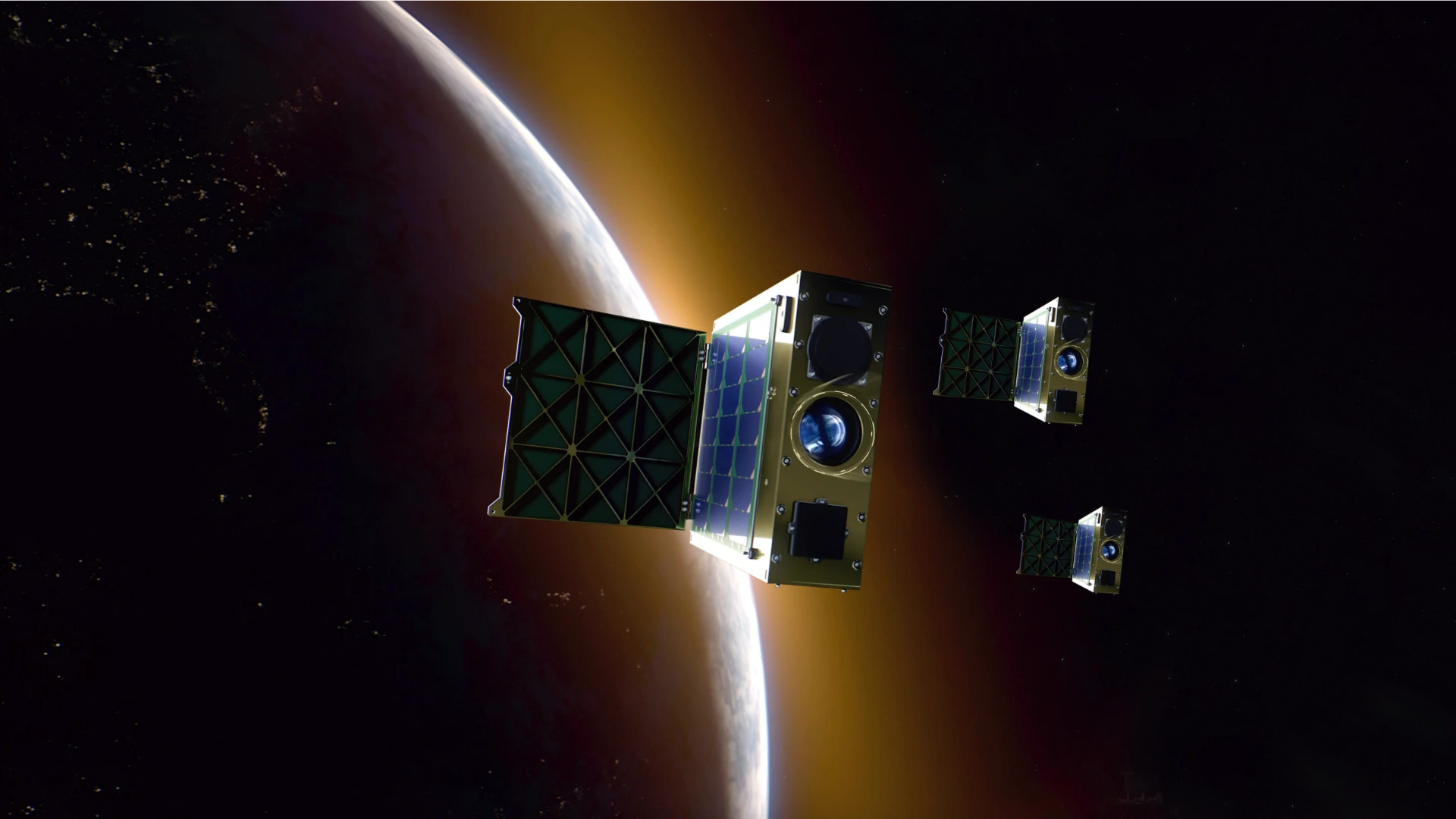Only 41% of Poles declare trust in artificial intelligence, according to KPMG’s latest report ‘Artificial intelligence in Poland. A landscape full of paradoxes‘. This result is lower than the global average (46%), but at the same time does not imply a lack of openness. As many as 77% of respondents accept the presence of AI in everyday tasks, which shows that the technology is gradually taming society – although it does not necessarily arouse enthusiasm.
Trust in artificial intelligence in Poland today is more pragmatic in nature. Users no longer ask whether AI is worth developing, but on what terms. According to the report, as many as 89% of respondents consider the right to withdraw consent to the processing of personal data as a key condition for trust, and 86% demand constant monitoring of the accuracy of systems. For 85%, the possibility of human intervention in the event of erroneous AI decisions is also important.
“You can see a shift in emphasis here – from admiration for the possibilities of AI towards a mature reflection on the risks and conditions of its application.”- comments Leszek Ortyński, AI and Data Science leader at KPMG Poland.
Confidence in the university, reserve towards the state
Trust in institutions developing AI largely depends on their mission. Universities and research centres – perceived as acting in the public interest – have the highest credibility. In the private sector, the picture is more mixed: large technology companies are rated with moderate trust, but higher than in many developed countries.
The biggest trust deficit is in the public sector. 45% of Poles do not believe that state institutions use AI in the best interest of society. This is an important signal in the context of planned implementations of artificial intelligence in government – from data analysis to decision automation. KPMG experts emphasise that cooperation between the government and research centres can help to rebuild the credibility and transparency of such activities.
Education and digital competence as a condition for development
The report highlights the growing importance of education in terms of trust in AI. Poles increasingly expect not only safe technologies, but also the ability to understand how they work. According to OECD research, countries with higher levels of digital literacy show more trust in automation and algorithms. In Poland – where 44% of adults declare a lack of confidence in assessing the trustworthiness of online information – digital education may become the key to more informed AI adoption.
From hype to accountability
Although the level of trust in artificial intelligence in Poland remains moderate, there is a growing awareness that AI is not only an innovation, but also a responsibility. Companies and regulators are now faced with the task of building a model in which the development of the technology is based on transparency, user rights and continuous audit of algorithms.
If this direction can be maintained, the Polish AI market may develop more slowly than in countries with higher trust, but – as KPMG’s data shows – on a more solid and socially acceptable foundation.












